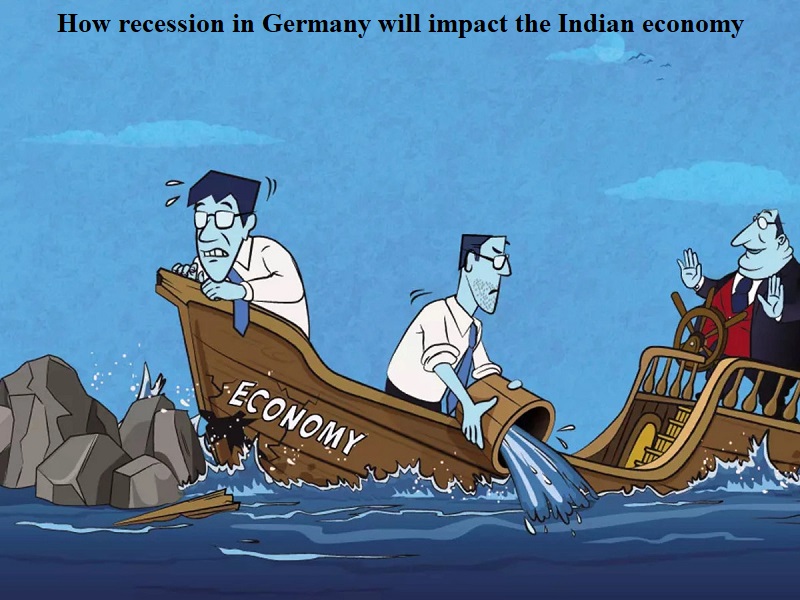
Germany, known as Europe’s growth engine and the world’s fourth-largest economy, has entered a recession with a 0.3% decline in Gross Domestic Product (GDP) in the first quarter of 2023. This follows a 0.5% decline in the previous quarter, officially pushing the country into a recession. Germany’s economy minister, Robert Habeck, attributed the ongoing economic crisis to the country’s heavy reliance on Russian gas in the past. Habeck expressed optimism about overcoming the crisis.
While a recession is commonly defined as two consecutive quarters of contraction, economists on the euro area business cycle dating committee consider a broader range of data, including employment figures, to assess economic downturns.
Germany is the weakest-performing economy among the G7 nations. Experts believe that high inflation has hindered consumption growth, and coupled with the ongoing energy crisis, it has spelled trouble for the economy. The Federal Statistical Office of Germany noted that high price increases have burdened the economy, particularly impacting household final consumption expenditure, which declined by 1.2% in the first quarter of 2023.
Germany has struggled to meet the energy demands of its industrial sector, which heavily relies on Russian fuel for optimal output. The country’s political and business class has been slow in adapting to new challenges, even as Russian fuel supplies remain limited. The government imposed a power price cap for certain energy-intensive industries to address the energy crisis but that is expected to further contribute to inflation.
Subsidies provided to industries in fuel prices could cost taxpayers up to $32 billion in the next seven years. Germany has already shut down nuclear power reactors and plans to close coal-fired power plants by 2030, but the transition to cleaner energy sources has been sluggish. The Scholz administration has outlined plans for increased solar and wind energy production but struggles to meet rising demand as various sectors, from heating to transportation, shift to electricity.
The recession in Germany is likely to impact Indian exports, particularly in sectors such as apparel, footwear, and leather goods destined for the largest economy in the European Union. Exporters are concerned about the repercussions of this downturn on Indian exports not only to Germany but also to other European countries experiencing a recession. The long-term recession in Germany is expected to lead to a decline in Indian exports, with leather products, chemicals, and light engineering items being the most affected sectors.
Indian exports to Germany in the 2022-23 fiscal year amounted to $10.2 billion, and this figure is anticipated to decrease due to the ongoing recession. The recession is expected to adversely affect India’s exports by at least $2 billion, including smartphones, apparel, footwear, and leather goods. Additionally, Germany’s upcoming carbon border tax will impact the export of iron and steel products. The recession may also affect order flows and investment from Germany into India.
Germany serves as the primary growth driver for the European Union, so a recession in Germany is likely to impact purchasing activities in the European nation. However, it is still too early to determine the exact extent of the recession’s impact on Indian exports.
In the 2022-23 fiscal year, India’s exports to Germany encompassed various sectors, including machinery, electronics, smartphones, apparel, organic chemicals, footwear, leather goods, iron and steel articles, and auto components. Thus, Indian exports to EU nations could face challenges in the aforementioned sectors.

Post Your Comments